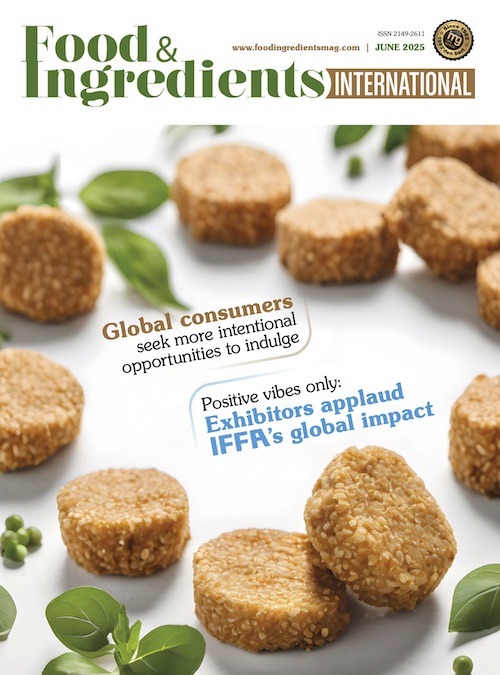Omeat, the innovative cultivated meat company that recently launched out of stealth, unveiling its revolutionary and slaughter-free process, is now among the first revenue-generating cultivated meat companies. The company has launched and already had its first commercial sales of Plenty, an ethical replacement for Fetal Bovine Serum (FBS) that is equally effective but available for a fraction of the cost.
FBS has long been used as a critical agent in the cell-culture process and was instrumental in early pioneering techniques for growing cultivated meat. But its use is problematic. FBS is harvested from bovine fetuses that are taken from pregnant cows during their mutual slaughter. Besides concerns many have about its ethics, FBS is exorbitantly expensive. These ethical and cost concerns have prompted companies, including those in the cultivated meat industry, to seek alternatives. Plenty presents an option that is humane, affordable, scalable, and highly effective for cell culture.
Plenty is a nutrient-rich cell culture supplement filled with growth factors and cytokines that play an essential role in regenerative medicine, cell culture, and vaccine production of different types of cells, such as mesenchymal stem cells (MSCs) solution. Founded through the development of Omeat, Plenty was created by a group of Harvard-MIT-trained scientists, including world-renowned top tissue engineer and Omeat’s Founder & CEO Ali Khademhosseini, Ph.D. This group of researchers are passionate about finding an environmentally friendly and slaughter-free approach to producing an FBS replacement.
Plenty is the first and only product to offer a cost-effective, consistent solution, and, most importantly, it is slaughter-free and prioritizes animal welfare. Plenty is sourced from regenerative factors that are extracted humanely from healthy, live cows that graze freely on Omeat’s farm. The company employs a full-time veterinary and animal-welfare staff and has developed procedures for collection that rely on positive reinforcement and prioritize the comfort and overall well-being of the animals.
Plenty will be promoted across many industries where FBS has until now been the primary option, despite its imperfections. The market for Plenty includes any company focused on cultivated meat, regenerative medicine, vaccine production, or that otherwise employs cell-culture technology. The other FBS alternatives on the market fall short of efficacy and consistency compared to Plenty.
“When it comes to growth media supplementation, FBS is considered the gold standard. However, FBS has downsides, including high costs, limited and unpredictable supply, and ethical concerns about the FBS harvesting process,” said Khademhosseini. “Synthetic serum substitutes, defined media, and serum-free media have been developed before as alternatives, but they’ve come with limitations that have hindered their viability as a replacement to FBS. That’s why we developed Plenty: an affordable, effective, and slaughter-free cell culture supplement product.”
Khademhosseini credits the founding of Plenty to the efficiencies it created in Omeat’s process, “At Omeat, we saw how the implementation of Plenty significantly helped our product, ethos, and overall ecosystem. We’re looking forward to scaling and helping other companies that are changing the world, allowing them to achieve their goals with a product they can feel good about using.”





















